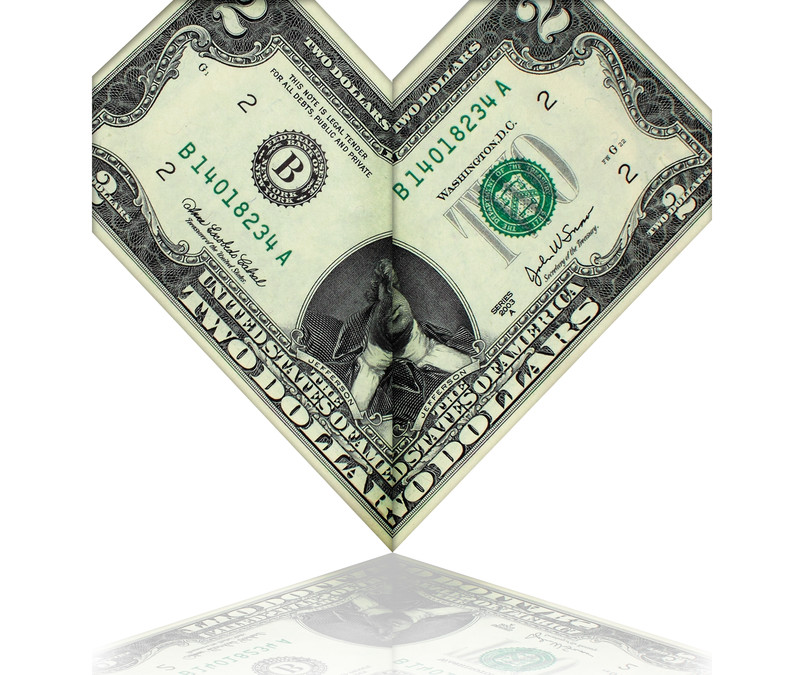My art is not better if I don’t make money at it, and what I do make money for isn’t less art because of filthy lucre.
I want to see artists rolling in piles of money like Scrooge McDuck. I want to see them luxuriating in security, comfort, and relief from fear and anxiety about losing ground, about not having enough to pay for rent, healthcare, and food.
Most of the creators I know are already rolling in a pile of artistic capital, and unlike McDuck, they aren’t hoarding it, they’re giving it away. That’s wonderful, but it doesn’t have to be an exclusive relationship. You can trade artistic capital for money.
Your art doesn’t become better because you’ve taken a vow of poverty and refuse to seek pay for work. Your art doesn’t become worse because you have a grant, or a commission, or a patron. When you sell out, I applaud, because whether the sellout means that every seat is taken or that your song is used in a car commercial, you are being sustained and you will have more freedom and energy to make the next song.
Paint costs money. Clay costs money. And stone, and musical instruments, and paper and pens.
Human energy costs money. Showing up during your “free time” to move a project forward has a cost. It also has benefits, and many of us create simply for the joy of creating and would and will continue to do so without appropriate, adequate, or even token recompense.
My artistic time is spent working on plays, and plays are made by people whether or not they are paid. If I went on strike (against whom? for what?) there would be plenty of talented people out there to take up any work I lay down. You can’t swing a dead cat in this town without hitting someone as talented and hungry as I am (especially when you think of the dearth of truly interesting roles for older women).
We may be professionals, we artists and performers, but many of us start out — and keep on — volunteering. Doing it “for exposure,” “for clips,” “for connections.” Since those don’t show up on a balance sheet, how do we account for the time we donate? The hours of rehearsal and performance that are unpaid because producers can get away with, because we do it for love?
As my great-grandmother said, “You can marry for money as well as for love.” Getting paid to make art means you get to make more art. It means you get to eat food and live indoors. It means you can, if you wish, generate more art. Resisting this money helps no one, especially not the audiences.
I watched the Oscars once with a room full of actors, which I’d never done before, and I started to see the ceremony less as entertainment than as an industrial conference. I suddenly understood the value of giving technical awards (the dead space in the big, fancy show). While I usually recognize the celebrity performers being honored, and I recognize the names of the writers and directors who are less known for their faces than their works, it’s the technicians in their fields who recognize the value of the work of other technicians. Crew members recognize the abilities of other crew members, and those folks get recognized for squat.
Except they get paid. And they get hired, because they’re good at what they do. They get paid for the heavy lifting, not just because they are literally lifting heavy things but because on a film shoot, the crew keeps things moving forward, and forward motion saves time, and time is money — I mean, even on a no-budget film, everyone has to eat.
During the awards ceremony, during the long slow portions of nothing very interesting happening on TV, the conversation turned toward What We You Working on Right Now? and What’s Going on in the Local Scene? and What’s Wrong in the Local Scene? and How Do We Fix the Local Scene? Here’s the thing: Most of my acting friends do a ton of theater, often fringe productions in which they’re lucky to get paid enough to cover gas or bus fare.
In Seattle, there is low-budget theater happening nonstop. In Hollywood, it’s a miracle that any movie ever gets made. There’s not enough of all the necessary ingredients to go around: not just money, but will, momentum, organization, drive, belief, support. So projects get developed and dropped.
What if every play put on in Seattle had to compete more for attention, support, and dollars? So many shows go up that are not ready, are half-baked if baked at all, or that have one piece fully formed and others a little ragged around the edges. I accuse no one; I am often one of those pieces that is ragged around the edges because I’m volunteering and I might feel a little undersupported. I bring paid work to rehearsals and performances so I have “something to do” when I’m not onstage. That means I’m NOT doing my best work on two things at once. I’m not sleeping or eating as well as I need to because I’m running from place to place on fumes, trying to find a moment of balance in a life of chaos, dropping and losing things and people and commitments so I can live up to my one central, immediate commitment: The Show Must Go On. I’m a migrant, temporary worker, with loyalty first and foremost to myself, then my family, then my community, and then to The Art.
And while I love The Art, I want it to give me something sustainable back. My soul is fed, but my body needs food too.
I am ready to sell out. Won’t somebody please buy? I have what you need…
Composition note: When I originally published this, I was thinking about the difference between Seattle and Hollywood as having something to do with Darwinism. Productions need money everywhere, and there’s a huge difference between the amount of money it takes to make a movie and the amount it takes to produce live performances of an original play — but the economic engineering required to make a play happen in Seattle often runs on the fumes of unpaid labor. Not only does it cost less but it pays less; some of that is simple economics (more supply than demand) and some of it is the more complex economics of creativity, the desire to make and create whether or not you get financial support. But starving as an artist is not a direction to strive in as it leads to death, either the literal death of, you know, starvation, and the death of dreams that often get replaced as what we call “adult reality” moves forward in our consciousness as we reprioritize things like home and family as we age. (I do, anyway. Maybe I’m not a “real” artist.) I don’t want artists to starve, I want them to make money, but I also want there to be fewer competent productions and more productions that go beyond into something spectacular, new, and challenging. That’s all.
I deeply believe that every artist has the right to earn, whether from their art or from their “day job.” My way of exercising that right is through helping solopreneurs communicate their message in writing that is clear, strong, and moving. Find out more here.

